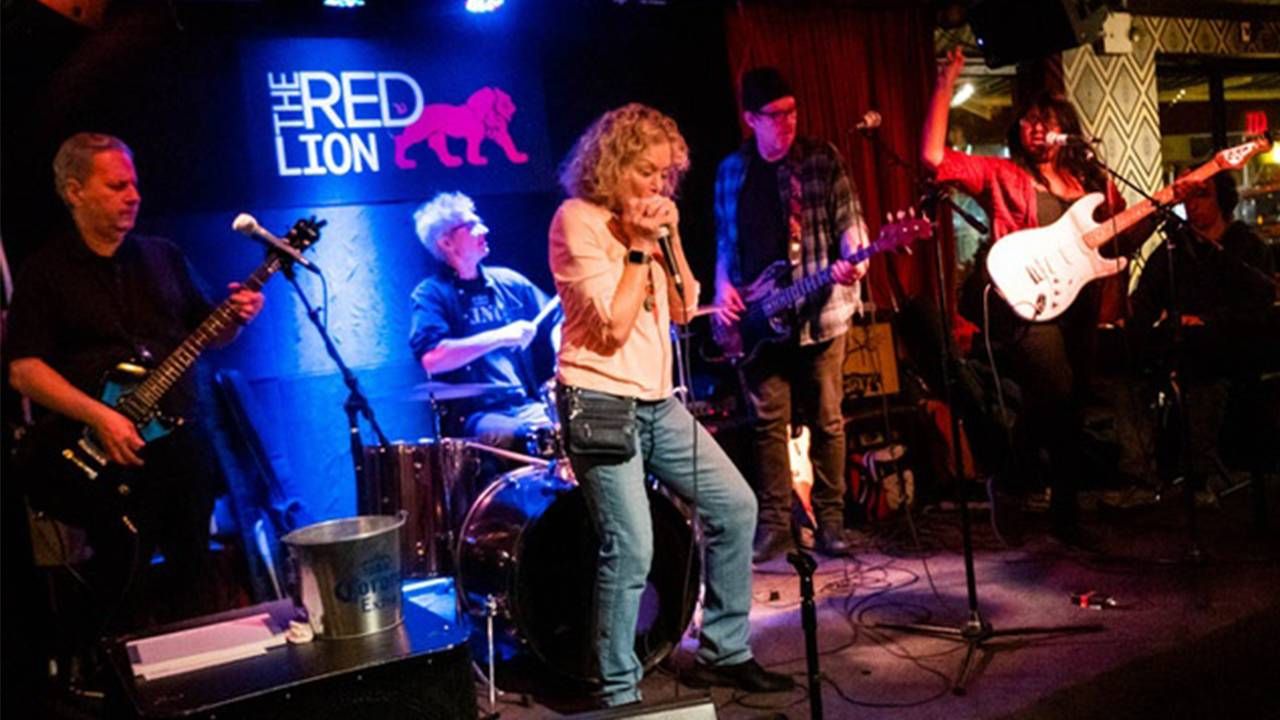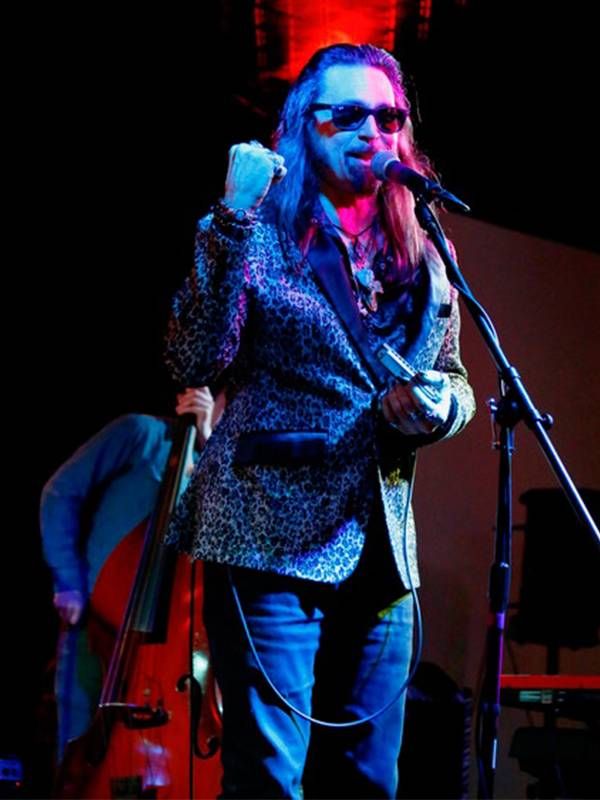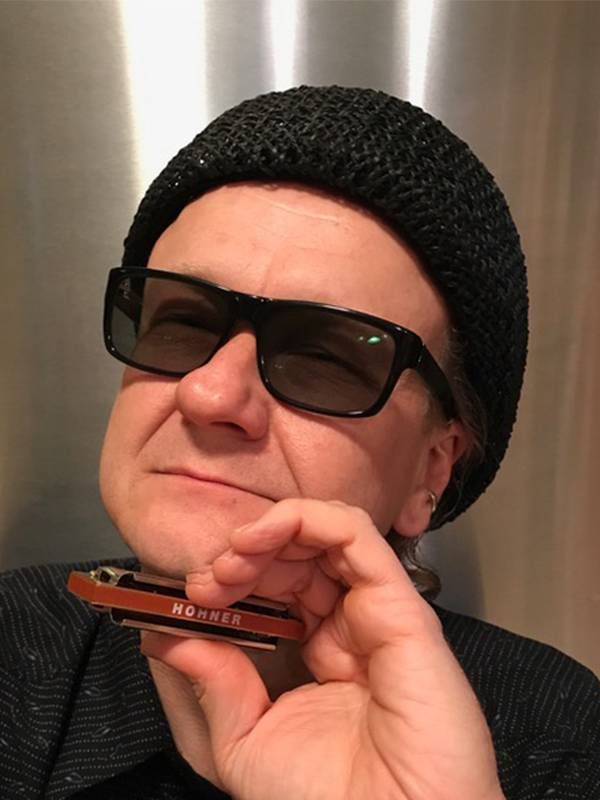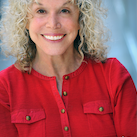The Harmonica: My Passport to the World
How I've found joy in performing, and breaking language barriers, with my small but mighty instrument
Many call it the harmonica, an instrument the size of a pack of gum, or the harp. It's also known as the mouth organ, Mississippi saxophone and tin sandwich.
I first discovered the instrument when I was three and my parents bought me a toy harmonica, but I blew it so loudly they confiscated it forever. At seven, I took up piano but hated to practice, so I quit. I tried guitar lessons at 15, but the steel strings hurt my fingers, so I gave up. Next was an attempt at the 5-string banjo, but I was so bad that even the chipmunks ran away. It was obvious I wasn't born to be a musician.

I became a writer, traveling the world to write about my adventures in countries from Argentina to Bhutan, Uganda to Vietnam. As neither my half-decent French nor bad Spanish worked in the far-flung corners of the world, I learned how to say "hello" and "thank you" in each country I visited. Just those two words turned strangers into friends.
One day, I was on assignment in Cappadocia, Turkey having just visited the mystical ancient rock formations known as "fairy chimneys." I sat in a small park where a group of children played on the swings. When they saw me, they burst out laughing. Was it my blond curly hair? My American clothes?
"Merhaba," I said, the Turkish word for hello. They laughed even harder and were still giggling when I left the park.
If I could learn to play an instrument small enough to carry in my pocket, I'd be able to interact with locals throughout the world.
Perhaps I would have been able to break the ice if I knew more words of their language. Suddenly it came to me: music! This universal language requires no words and brings joy to all who hear it. If I could learn to play an instrument small enough to carry in my pocket, I'd be able to interact with locals throughout the world.
Ready for Harmonica Lessons
Shortly after my return home from Turkey, I discovered a harmonica camp in Clarksdale, Miss., the birthplace of the blues. The five-day workshop was for all levels including "raw beginners" like me. There would be morning and afternoon harmonica classes followed by live music. Beginners would learn how to play individual notes and musical phrases and "graduate" by performing in a real blues club.
The coaches and other players were so giving of their time and knowledge and there was no competition; everyone cheered on the next person. By the second day, I was able to warble a few single notes. By day three, I could play a very simple blues riff. By day four, I knew what a twelve-bar shuffle was and could even play a version of it. Graduation was the last evening, playing in front of a live audience at Morgan Freeman's famous Ground Zero Blues Club.
I cannot think of anything more frightening than playing music on a stage except maybe a tax audit. When I told my teacher how terrified I was, he said, "Fear is natural. Let the music come from inside your body."
I have no idea how it happened, but when I finally got up on stage and saw the band smiling their encouragement, I was no longer afraid. I brought my harmonica to the microphone, closed my eyes, blew a note and suddenly was in another world. When I finished the 20-second improvised solo, the audience applauded wildly. I was hooked.
Once back home, I knew I'd never practice on my own. One of the players suggested I take Skype lessons with Lee Edwards, a blues harp teacher who lives in Wales. What would a Cardiff local know about the blues?
Everything, it turned out. Plus, his price per hour for a private lesson was about a fourth of what I'd pay in America. Every Friday morning, Lee's face would pop up on my screen and I'd forget we were actually thousands of miles apart.
Playing My Harp Around the World
On a "flight-seeing safari" assignment to Namibia, I took my harp. When we landed in the middle of the Kalahari Desert, scores of children from the Himba tribe raced up to our little Piper Cub. But instead of just saying "hello" in their language, I was able to play them a tune on my harp. I could tell by their huge grins that they liked it. One teenage girl even gifted me with a necklace she'd made of beads.

A month later, I was cycling the Cabot Trail in Nova Scotia, Canada. Whenever we stopped for a picnic lunch, I'd pull out my harp and play. People at other tables would clap and stomp their feet. And then they'd move to our table and want to know all about America.
I have played harmonica to farmers in Peru, to the crew of our ship in Antarctica, to a tribe of Papua New Guineans.
Once, I was in Caraquet, New Brunswick (Canada) for the yearly Acadian "Tintamarre," a celebration and parade in which the entire village dons costumes and makes a huge racket with improvised and real instruments (Tintamarre means "make noise"). I was watching the parade when a group of 10 female drummers marched by. Their pounding rhythm was so infectious that I reached into my pocket, grabbed my harmonica and joined them. For the next two hours, I played and played and danced and danced along with the drummers, blowing out my joy as they pounded out the beat.
Now, wherever I go, I never leave home without a harmonica and its sound never fails to please.
Once in Tibet, I rose early to film the sunrise. As I walked up the dirt path, four teenage boys appeared out of nowhere and blocked my path. They looked menacing and started throwing small stones at me.
Master player/teacher Dennis Gruenling admits the harmonica "may be one of the harder instruments to master but it's sure a lot of fun to play..."
I didn't know what I'd done wrong and couldn't ask because I didn't know their language. I whipped out my harmonica and played them a blues song. They stopped throwing stones and listened. By the end of the song, they were smiling.
Lessons by Zoom
Since the day I took up harmonica 10 years ago, I've had the opportunity to go to many harmonica workshops. Now, because of COVID-19, they are cancelled but I can still listen to webinars and performances. If you don't want to take private or group lessons (for now, only available by Zoom or Skype), buy a harmonica (I suggest a "C" Hohner blues harp) and teach yourself.
Joe Filisko, is a master player/teacher who offers everyone from raw beginners to experienced players the ability to learn harmonica by downloading his very inexpensive MP3s complete with song notes and helpful hints. For raw beginners, Filisko suggests starting with Train Imitations, Fox Chases, two-chord songs, and blues. "My four core instrumentals are a great starting point," he says.

Master player/teacher Dennis Gruenling admits the harmonica "may be one of the harder instruments to master, but it's sure is a lot of fun to play and easy to get started on." He says that if beginners start off with a relaxed approach and a willingness to practice and learn, "this will be a fun journey." Gruenling offers Zoom Q & A webinars in which he and one or two other master players perform and share their knowledge of the instrument.
Also available are online group classes such as those taught by master player/teacher Ronnie Shellist. For beginners, Shellist says, "Be patient. Take it one step at a time and have fun. Don't be afraid to let out the emotions even if it comes out sloppy. That's the only way you'll be able to get to the next level."
Those who refer private lessons should consider Todd Parrott or Charlie Barath who teach by Zoom and specialize in raw beginners and Jerry Fierro, who teaches and leads in-person workshops (temporarily halted because of COVID-19).
The nice thing about learning harmonica is it doesn't matter how old or young you are or how little musical knowledge you possess. The harmonica is something that can bring you joy and is a perfect way to meet people whose language you don't speak. Music is a universal language, an ideal way to communicate with anyone, anywhere.

Margie Goldsmith is the author of Masters of the Harmonica: 30 Harmonica Masters Explain Their Craft and two other books. She has been to 140 countries, has won 94 writing awards, and has written over 1,000 magazine and newspaper articles. She usually plays blues harmonica at NYC open mic jams but these days, she’s jamming by Zoom and can’t wait to play live again.
Read More

